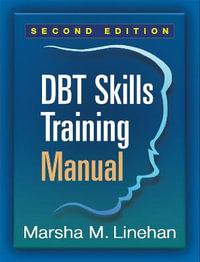Understanding Abnormal Psychology provides a thorough understanding of abnormal psychology with a focus on the integration of psychology, biology and health. It goes beyond a descriptive overview of clinical disorders to provide a critical appreciation of the multifaceted aspects of mental illness. Each disorder is clearly and succinctly explained with the support of case studies. These examples are then used to introduce the debates surrounding current research, the biology of abnormal disorders and standards of treatment. The bridge between the biological elements of brain functioning and the psychological mechanisms that are responsible for coping and adjustment is thoroughly explored. This valuable consideration of the range of elements involved in the diagnosis and treatment of clinical disorders will provide you with a broad and critical understanding of this complex and fascinating field.
The companion website has a number of useful features for students, including a flipcard glossary of key terms from the textbook and a test bank of interactive self-assessment multiple-choice questions.
Industry Reviews
'This is a very comprehensive text which provides detailed, yet accessible, coverage of abnormal psychology. The author has a clear command of the subject matter, yet also demonstrates a critical appreciation of some of the more contentious issues within mental health. The written content is superbly accompanied by innovative diagrams and illustrations which greatly enhance the pedagogical features of this book' Dr Philip John Tyson University of Wales, Newport 'From the perspective of a practitioner and professor, this book contributes very well to the teaching of abnormal psychology by integrating the biological perspectives. Through detailed chapters that educate the 'non-scientist' on complex topics such as genetics, psychophysiology and neurochemistry, through the use of well-organized visual models, tables and down-to-earth descriptions, the average advanced undergraduate or beginning graduate student will emerge well equipped with an expanded knowledge base of concepts that are often intimidating to those who do not have a proclivity for grasping science. The captivating case studies and integration of these case studies throughout the chapter hold the readers interest' -- Victoria Comerchero
























